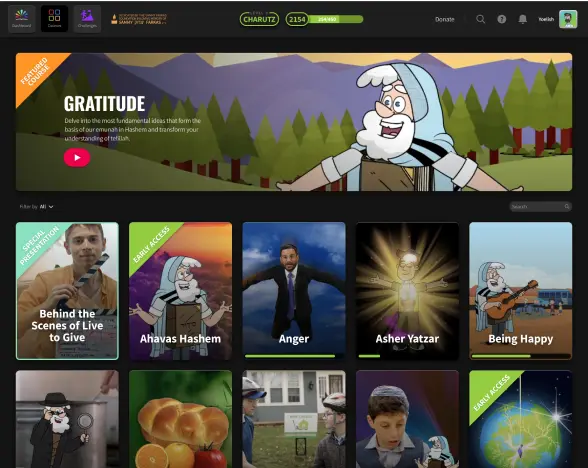Unlocking Threshing (Dosh): Finding the Hidden Power of Patience on Shabbos
Introduction:
Imagine you’re at a big family meal on Shabbos, passing around juicy green peas to your little cousin. As you pop one out of its tough shell, your mind drifts—is this allowed on Shabbos? And more importantly, why does a simple act like removing something good from something tough matter so much? This everyday scenario opens the door to one of the 39 melachos: threshing, or ‘dosh.’ Let’s use this moment as our springboard—not just to understand the halacha, but to reflect: What’s hidden in the patience, self-control, and mindfulness Shabbos asks us to exercise?
Secular and Torah Insights—Threshing, Then and Now:
Threshing began as an ancient agricultural task: separating edible grain from its tough, inedible shell. In the Mishkan, this process was key, requiring careful technique and effort. Today, psychologists talk about the benefits of delaying gratification—how waiting, savoring, and working through challenge actually boost our mental well-being, build resilience, and help us form more thoughtful lives. The Torah’s prohibition against dosh is not just about protecting our actions on Shabbos, but about forming a mindset: cherishing what we have, practicing patience, and discovering gratitude even in what’s “hidden.”
Relatable Analogies—Threshing in Modern Life:
Have you ever had to “shell” more than just peas? Maybe you’ve worked through a difficult problem at school or spent time understanding someone’s point of view before responding. Both are like threshing: you can’t always grab the reward right away; effort and patience are part of the journey. Threshing invites us to resist the urge to “extract” our pleasures instantly and instead savor the process.
Practical Steps—How to Apply Dosh Wisdom on Shabbos:
1. Pause Before You Peel: On Shabbos, remember that removing peas from inedible pods, honey from a comb, or nuts from their shells is generally prohibited—unless you’re doing so as part of the meal, right before you eat. Let this pause remind you to slow down and enjoy each moment.
2. Mindful Eating: Take a few extra seconds to appreciate foods as they are, without rushing to get only the “good parts.” Practice gratitude for the wholeness—both the reward and the challenge.
3. Choose Simplicity: Plan your Shabbos meals so that extracting, peeling, or squeezing (even lemons into tea!) is already done before Shabbos, freeing your day for relaxation and reflection.
4. Squeezing with Care: Squeezing juice from fruits like oranges or lemons, or even wringing towels, mirrors dosh and is also prohibited on Shabbos. Use alternatives (like pre-squeezed juice) and let this be a signal to make deliberate, thoughtful choices.
5. Broader Perspective: Next time you’re frustrated by a challenge (in relationships, learning, or chores), think of dosh as an invitation to find meaning in the process. Sometimes, the shell is there to teach us patience and appreciation.
Smooth Transitions:
With every ‘forbidden’ act on Shabbos, there’s an opening for reflection and growth. Threshing, at its core, is about transforming potential into reality—but only in the right time and way. When you practice the laws of dosh, you’re not just following rules; you’re nurturing a mindset that values patience, process, and real satisfaction.
Thought-Provoking Closing:
In our rush to “get to the good part,” we often miss the beauty of the journey. Shabbos, with its boundaries and structure, isn’t just about rest from labor—it’s about becoming more mindful, more grateful, and more whole. This week, as you encounter your “threshing moments,” pause and see what’s hiding in the shell. The rewards are often deeper than you think.
Ready to explore more? Torah Live is packed with free, 100% clean, 100% fun videos, games, and Shabbos challenges—perfect for families, students, and lifelong learners! Sign up now at TorahLive.com/signup and unlock your next level of meaningful, joyful Jewish living.
